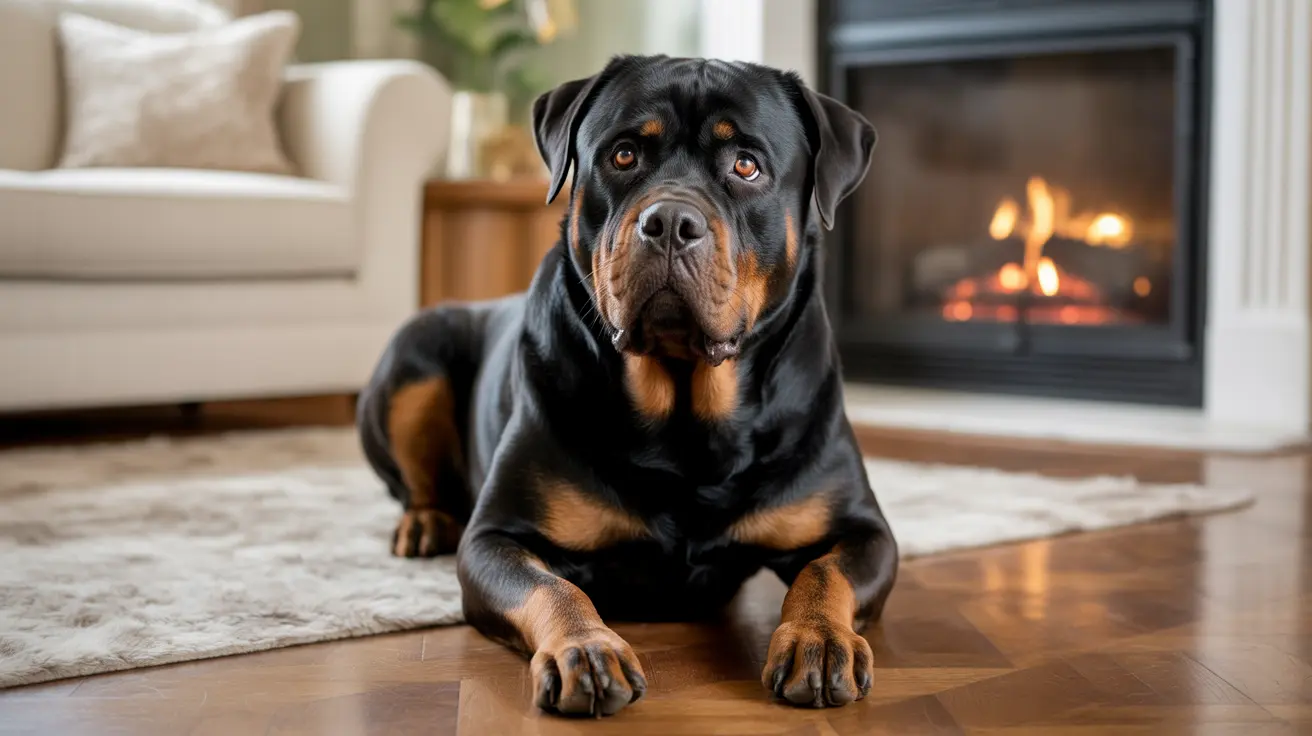When your dog suddenly starts drooling excessively while acting strange and refusing food, it's natural to feel concerned. These symptoms can range from minor issues to serious medical emergencies, making it crucial to understand what might be causing your pet's distress and when to seek immediate veterinary care.
In this comprehensive guide, we'll explore the various causes behind these concerning symptoms and help you determine when your pet needs urgent medical attention.
Common Causes of Excessive Drooling and Strange Behavior
Gastrointestinal Issues
Many dogs experience drooling and behavioral changes due to digestive problems. These can include gastritis, acid reflux, or more serious conditions like intestinal blockages. If your dog appears nauseous, repeatedly attempts to vomit, or shows signs of abdominal pain, these could indicate a severe condition requiring immediate veterinary attention.
Dental and Oral Health Problems
Dental disease, oral injuries, or foreign objects stuck in the mouth frequently cause excessive drooling. Look for signs of difficulty eating, pawing at the mouth, or visible dental issues such as broken teeth or bleeding gums. Regular dental check-ups can prevent many of these problems.
Emergency Conditions to Watch For
Toxin Ingestion
Dogs who have consumed toxic substances often exhibit excessive drooling alongside strange behavior. Common household items like certain plants, cleaning products, and human medications can cause these symptoms. If you suspect poisoning, contact your veterinarian or pet poison control immediately.
Bloat (Gastric Dilatation-Volvulus)
This life-threatening condition causes extreme drooling, restlessness, and a visibly distended abdomen. Large, deep-chested breeds are particularly susceptible. Bloat requires immediate emergency surgery to save your pet's life.
When to Seek Immediate Veterinary Care
Don't wait to see a veterinarian if your dog shows these additional symptoms:
- Severe lethargy or collapse
- Difficulty breathing
- Pale or blue gums
- Severe abdominal distention
- Repeated unsuccessful attempts to vomit
- Signs of severe pain
Frequently Asked Questions
Why is my dog drooling excessively, acting strange, and refusing to eat?
These symptoms can indicate various conditions ranging from dental problems to serious medical emergencies like bloat or toxin ingestion. When these symptoms occur together, especially if they develop suddenly, it's important to seek veterinary care promptly.
What serious health problems can cause drooling and loss of appetite in dogs?
Serious conditions include gastrointestinal obstruction, bloat, poisoning, severe dental disease, neurological disorders, and various systemic infections. Some of these conditions can be life-threatening if not treated quickly.
When should I take my dog to the vet if they are drooling, behaving oddly, and not eating?
Seek immediate veterinary care if these symptoms persist for more than a few hours, especially if accompanied by lethargy, vomiting attempts, difficulty breathing, or abdominal distention. Don't wait if your dog shows signs of severe distress or pain.
Could my dog's drooling and strange behavior be due to poisoning or ingestion of toxins?
Yes, exposure to toxic substances often causes excessive drooling and unusual behavior. Common toxins include certain plants, household chemicals, and human medications. If you suspect poisoning, seek emergency veterinary care immediately.
How can I tell if my dog's drooling is normal for their breed or a sign of illness?
While some breeds naturally drool more than others (like Saint Bernards or Mastiffs), any sudden increase in drooling, especially when combined with behavior changes and loss of appetite, should be considered abnormal and evaluated by a veterinarian.
Prevention and Long-term Care
To help prevent these issues, maintain regular veterinary check-ups, practice good dental hygiene, and keep potentially harmful substances out of your dog's reach. Always monitor your pet's normal behavior patterns so you can quickly identify when something isn't right.
Remember, when it comes to your dog's health, it's better to err on the side of caution. If you're concerned about your pet's drooling and strange behavior, consulting with your veterinarian is always the safest choice.






